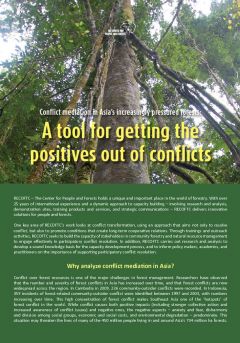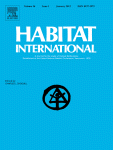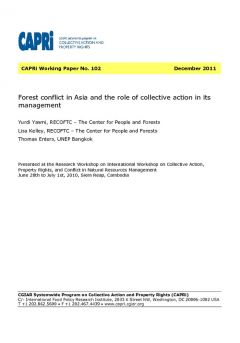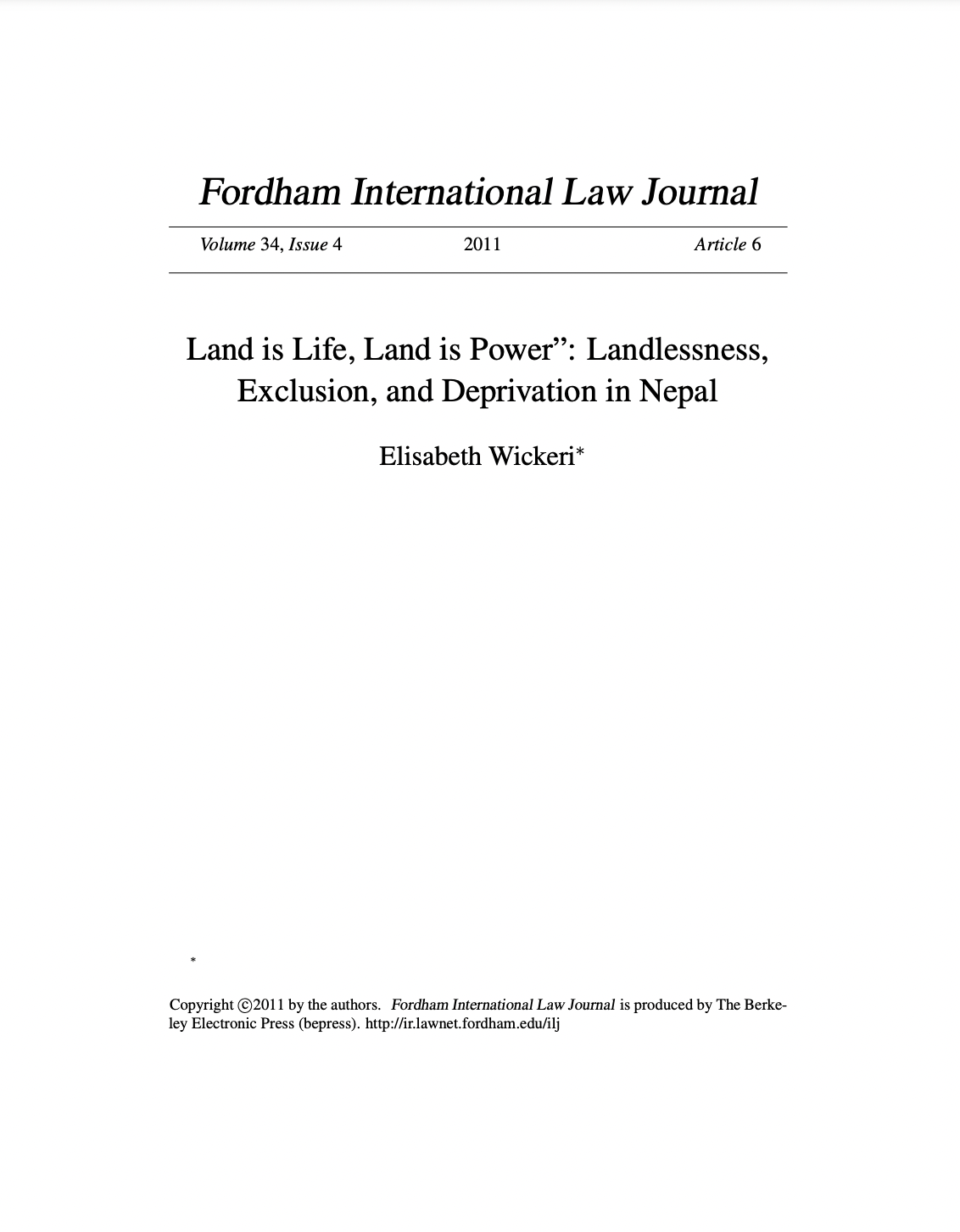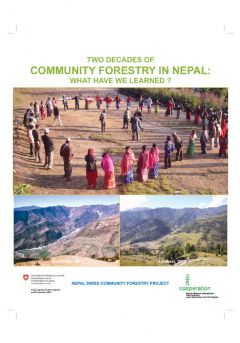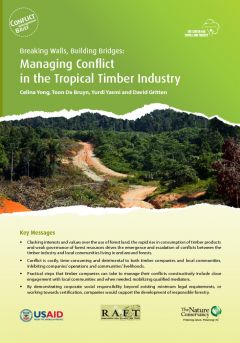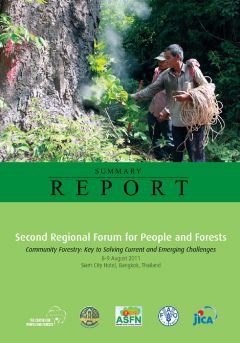Conflict Mediation in Asia's Increasingly Pressured Forests: A Tool for Getting the Positives out of Conflicts
Conflict over forest resources is one of the major challenges in forest management. Researchers have observed that the number and severity of forest conflicts in Asia has increased over time, and that forest conflicts are now widespread across the region. In Cambodia in 2009, 236 community-outsider conflicts were recorded. In Indonesia, 359 incidents of forest-related community-outsider conflict were identified between 1997 and 2003, with numbers increasing over time. This high concentration of forest conflict makes Southeast Asia one of the ‘hotspots’ of forest conflict in the world.

